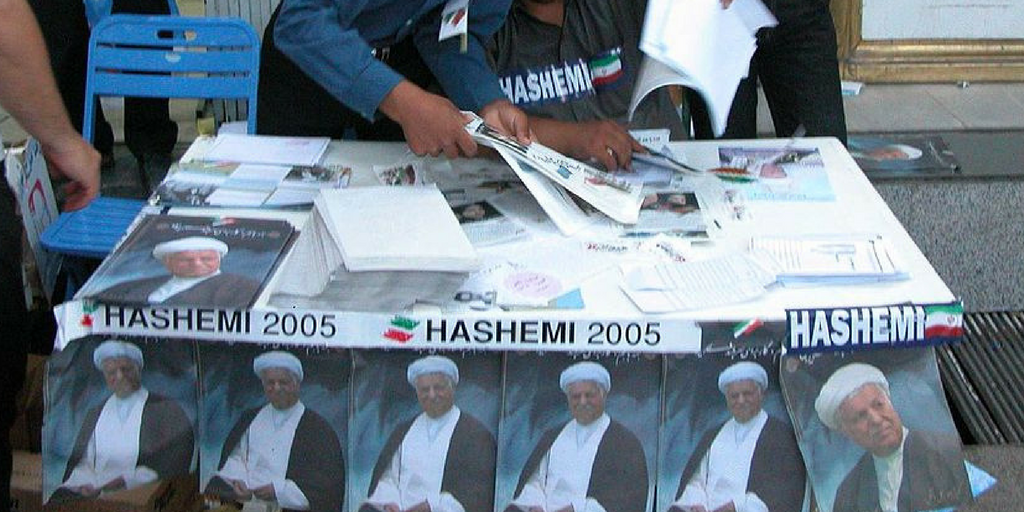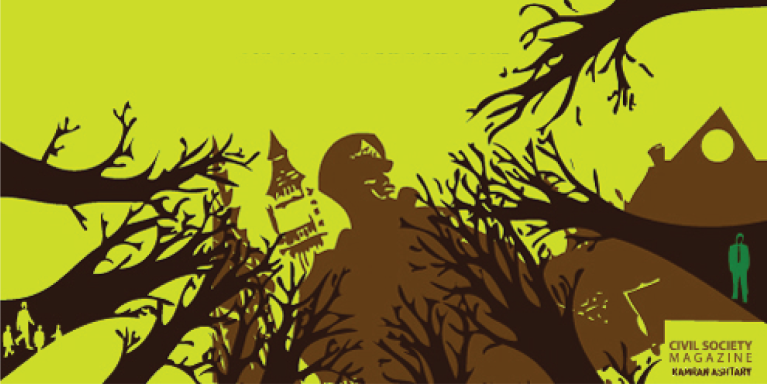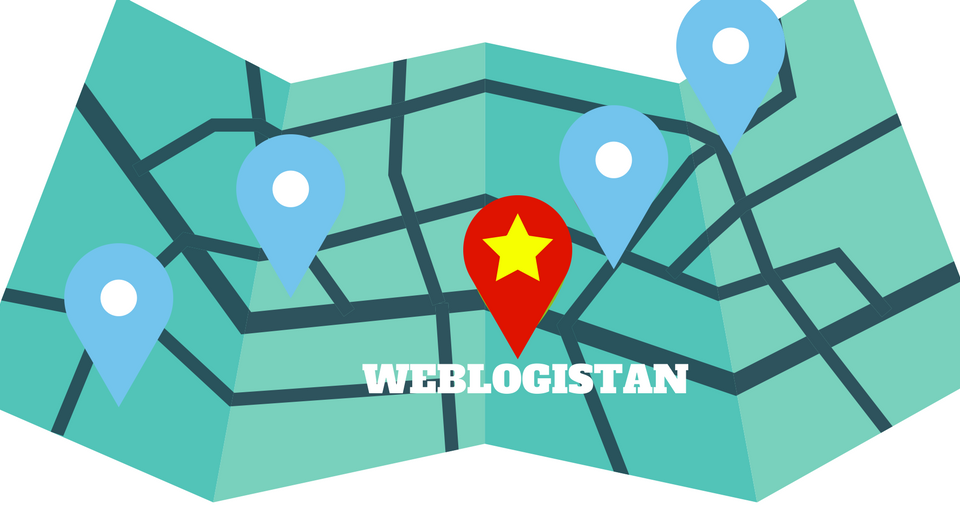As Strong as Our Signal: An Evolving Novelty
March 25, 2011
Iran’s Reformists and Activists: Internet Exploiters
March 29, 2011Creating the Impossible
The Invisible Network of Britain’s Activist Subculture
by Avery Oslo (available in Persian here)
They are pervasive and loud, many with half-shaven heads, rowdy barking mixed-breed dogs, and mud-encrusted dreadlocks. Yet their network may as well be invisible to the authorities who have spent the better part of thirty years failing to stamp it out. How does this raggle-taggle band of Britain’s prevalent environmental activists (also known as eco-warriors or protesters) evade countless attempts of infiltration and eradication?
In this essay I will explain how the invisible network of environmental activists in the UK operates, and how the internet can supplement, though not become a substitute for it. Let me add a disclaimer here before I do that, however: the activist scene in the UK is not without its faults. As with any social movement, it is far from perfect. Sometimes people fall through the cracks, sometimes they get hurt, and sometimes they even die. The activists have chosen to struggle against insurmountable odds because they believe in dying for a world worth living in. Their invisible network is as flawed as any, but it is the best it can be in the United Kingdom at this time. It is possible a similar model of resistance could be successfully implemented in other places where the government no longer serves the people.
While the police have not managed to shut the activist network down, they have made hundreds of arrests to punish and intimidate breakers of immoral laws. Activists in the UK understand the police’s tactics of bullying and imprisonment and find ways to neutralize their impact. Traditionally, legal consequences are designed as a deterrent, but many activists preempt this by seeking out arrest and the publicity it will generate. They believe time in a jail cell is a worthy price for media coverage of corporate greed and government corruption. The more people are made aware, the more people become sympathetic to their cause.
People like PC Mark Kennedy, undercover officer who infiltrated the activist community in Nottingham. For seven years Kennedy built up a case for conspiracy to shut down a power station, and then created a media uproar when he switched allegiances and undermined the very case he had been paid to build against the activists1. The story of Mark Kennedy shows that police rarely manage to infiltrate the movement despite repeated attempts because the very intimate nature of the network makes this near impossible. Here’s why:
The network is invisible. The protestors operate under shared yet tacit assumptions that are blatantly obvious to anyone who lives with them for more than a month, but virtually impossible for authoritarian forces to comprehend or understand. These are the unspoken rules of protesting, and can range from something as obvious as “don’t tag another protestor on a facebook picture” to something more abstract like “borders are a state construct irrelevant to our own lives, and therefore we do not respect visas, and we protect those who are in violation of theirs.” The norms stem from a shared understanding and culture that comes from the intimacy protestors feel with one another due to confined and extraordinary living situations during an action or on a protest site2.
No Masters, No Leaders
Every protestor is a replicator of these shared norms. This prevents the need for a leader, which makes it harder to shut down eco-actions. When police come onto a physical site of protest, they always ask who is in charge, and protestors shuffle their feet, or point to their dogs because no one is. Activists work out their alphamale/female issues and put aside differences for the common goal. The lack of leader is crucial to keeping the movement alive. If every protestor is as valuable as another, then oppressors must eliminate every single one in order to quell the movement.
In many revolutionary times in history, a strong leader to unite many factions has been integral to the success. This is why it seems counterintuitive that the lack of leader is now the most successful defining feature of resistance networks, but this is how they have operated for decades. Everyone must be a keeper of information, and everyone must be trained in useful revolutionary skills (through skillshares – what one activist learns, they quickly teach to others, who teach it until everyone that feels capable of learning the skill has mastered it). Protestors recognize that everyone has different abilities and needs and so there will be variation between individuals. Specialization does occur, but even in the most extreme cases of this, every specialist will still display the skills of a renaissance (wo)man. While someone whose skill lies in hacking computer systems may spend most of their time doing that instead of digging tunnels on protest sites, they will still have knowledge of how to dig the safest tunnels, how to build tree defenses, and how to use black bloc tactics in demonstrations to pen the police in, instead of getting penned in by the police. An effective protestor will know enough about everything to teach it to others, yet specialize in a handful of tasks for themselves.
A New Democracy: Consensus instead of Tyranny of the Majority
Despite this, there is still room for natural leaders – people born with the talents and characteristics of a good leader- and an effective group of activists nurtures this type of personality. The difference between being led and making effective use of natural leaders is the non-hierarchical nature of the way this works. In decision-making processes, no such leader could demand a vote (also known as tyranny of the majority among protesters), but facilitates in any way possible to develop consensus that all participants can agree on. They know that only when someone agrees to something will they risk things like personal comfort and safety in order to bring it about. Consensus decision making eliminates the need for authoritarian behavior from leaders because everyone present has agreed to the outcome, and therefore no one must be coerced into performing something they voted against. While consensus decision-making takes time and has its drawbacks, activists in the UK feel it is the fairest and most democratic way to operate in the face of an increasingly undemocratic government. The natural leaders in the group take on the responsibility of double-checking to ensure no voices are marginalized in the decision-making process.
The Importance of Trust
The consensus-based democracy’s major strong point is that it helps to build trust and therefore facilitate the invisible network. Those who trust one another reduce the need for the oversharing of information. Activists agree that individual actions happen on a need-to-know basis to protect activists from police interrogation or intimidation. In these cases, activists still make use of the network, but no explanation is ever necessary for absurd requests. “Does anyone have three 700 watt generators?” gets answered with “I saw Laura haul some off from the festival last week” rather than “Why? What for?” Activists trust that it is for a good cause, and know that the activist wouldn’t have asked if that weren’t the case.
Working with someone on an action is the only way to measure someone’s trustworthiness and ability to stick it out when situations get grim. The time spent on the ground shows the dedication to the cause and to the others who support it. If you only trust people you have spent time with, or people who have spent time with someone you trust, then the network is mostly solid and can be relied upon. The internet only subsidizes that, but will never replace it, mainly because you do not know who you can trust online. The anonymity offered by the net may be able to work for many things, but not for eco-activism which still largely depends on physically demanding actions that require endurance, ingenuity, and an intimacy different from (yet not inferior or superior to) that which can be obtained from the connections between people online.
But the Internet Has Its Place
The internet can so easily be monitored by governments and corporations who do not have the public’s best interests at heart. Even things said on platforms traditionally regarded as private, such as secure email, are not safe from the prying eyes of the highest bidder. In a world where nearly everything is for sale in one way or another, the only safe place is a place where nothing is for sale. On protest sites, corporations cannot reach because no one would or could spend so much time in such close approximation with eco-activists without giving themselves away or becoming sympathetic to the cause. The groups become so close-knit because the intense tedium of day-to-day life while on a protest action means that upwards of 14 hours of conversation per day are the norm. Activists know nearly everything about one another. In this sort of culture then, it becomes easy to spot the person with ulterior motives. The protest site is the one place where governments and corporations cannot infiltrate and where they have no sway, and where the unspoken bonds of the protest network are created and nurtured. For grassroots activism, such as environmental, which requires hands-on contact this is unlikely to change in favor of the digital network.
That’s not to say that the internet has no place in the democratic actions of the people. It is a useful way for activists to arrange meetings, to find out about one another and actions already committed. Most importantly, it is an ideal place to strengthen and perpetuate those cultural activist norms; those invisible strings of network. For example, many environmental activists in Britain make use of social media. They do not discuss illegal activities, but share music and private jokes, slang, and keep in touch with one another regularly to reinforce the unspoken norms of being in the activist subculture. This keeps the bonds of affinity and friendship strong through time and allows the effortless re-convening of affinity groups when opportunity for another action emerges. To the outsider, an environmental activist’s page can be virtually indistinguishable from that of a student, punk, or hippie; there is nothing there the government could hold against the activist if ever imprisoned or questioned.
Concluding Remarks
To sum up briefly, the most important factor that keeps activist culture thriving in Britain despite decades of political and corporate oppression is the invisible network of activist norms and shared understandings which is cultivated by:
1. the active rejection of leaders (though not leadership) across the board
2. a democracy based on egalitarian consensus-building instead of majority rule
3. hours of valuable face-time to build trust, friendship, and affinity
4. judicious use of online networking
Obviously this culture has evolved in Britain in reaction to the ways in which oppressors function in this part of the world. Activist culture is similar the world over, yet survives best when the approaches are tailored to each specific time and place for greatest positive impact and the least amount of risk to the activists.
If I had to share one piece of advice for anyone in a situation with need for activism, it would be to study the oppressor and then do things differently yourself. Live life the way you feel it ought to be lived as much as possible, and remember what philosopher Albert Camus wrote in his 1942 novel The Outsider: “The only way to deal with an unfree world is to become so absolutely free that your very existence is an act of rebellion.”
References





